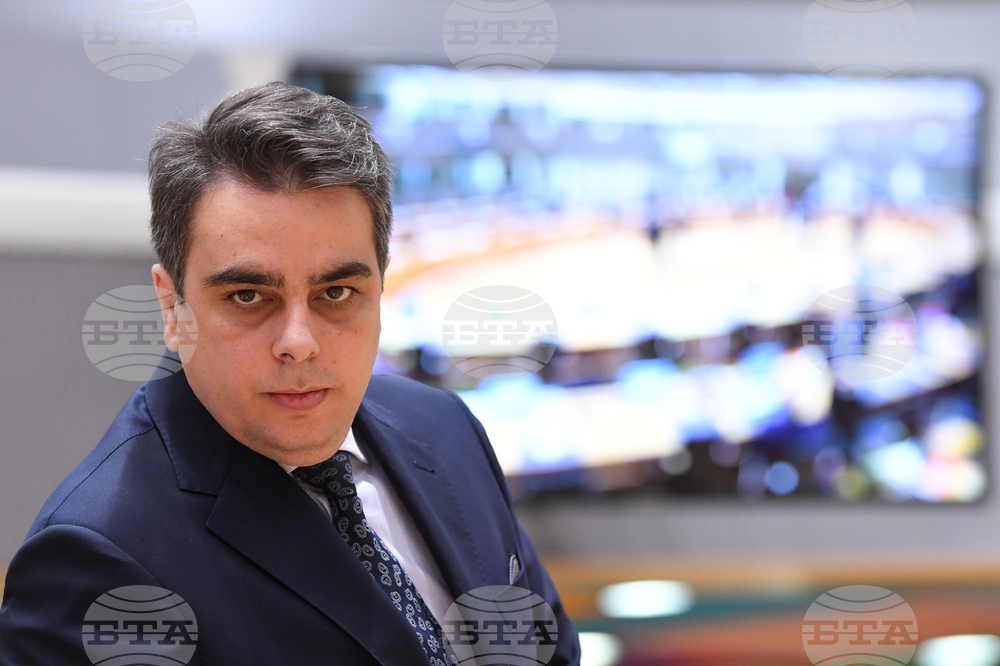site.btaEcofin Approves Bulgaria's Amended Recovery Plan, Second Payment for Plan Expected before Feb. 2024


Bulgaria expects the second payment from the EU under Recovery and Resilience Fund before February 2024, Finance Minister Assen Vassilev told reporters in Brussels Friday during a visit for a meeting of the Economic and Financial Affairs Council
/NZ/
news.modal.header
news.modal.text